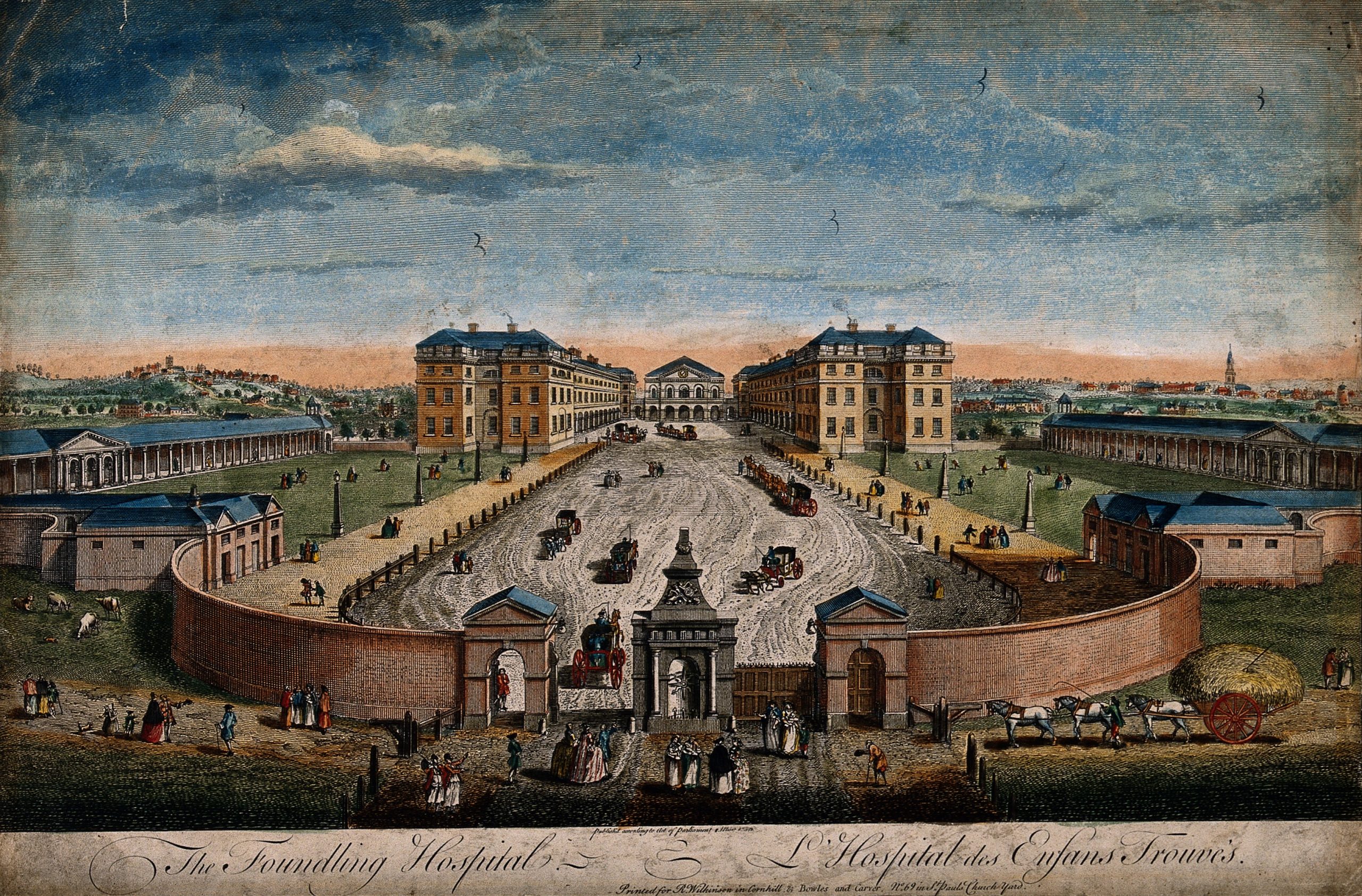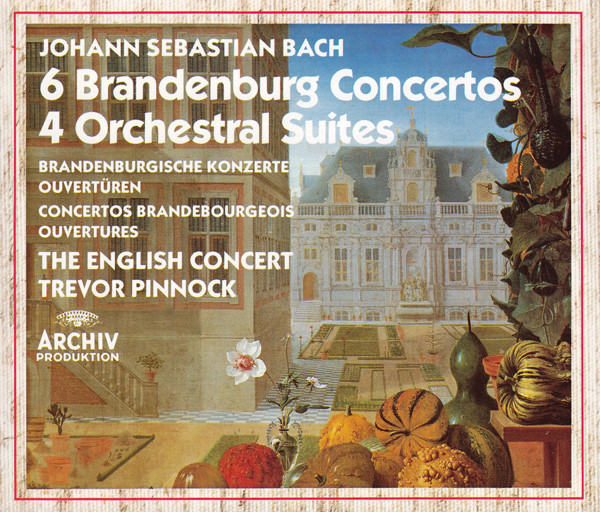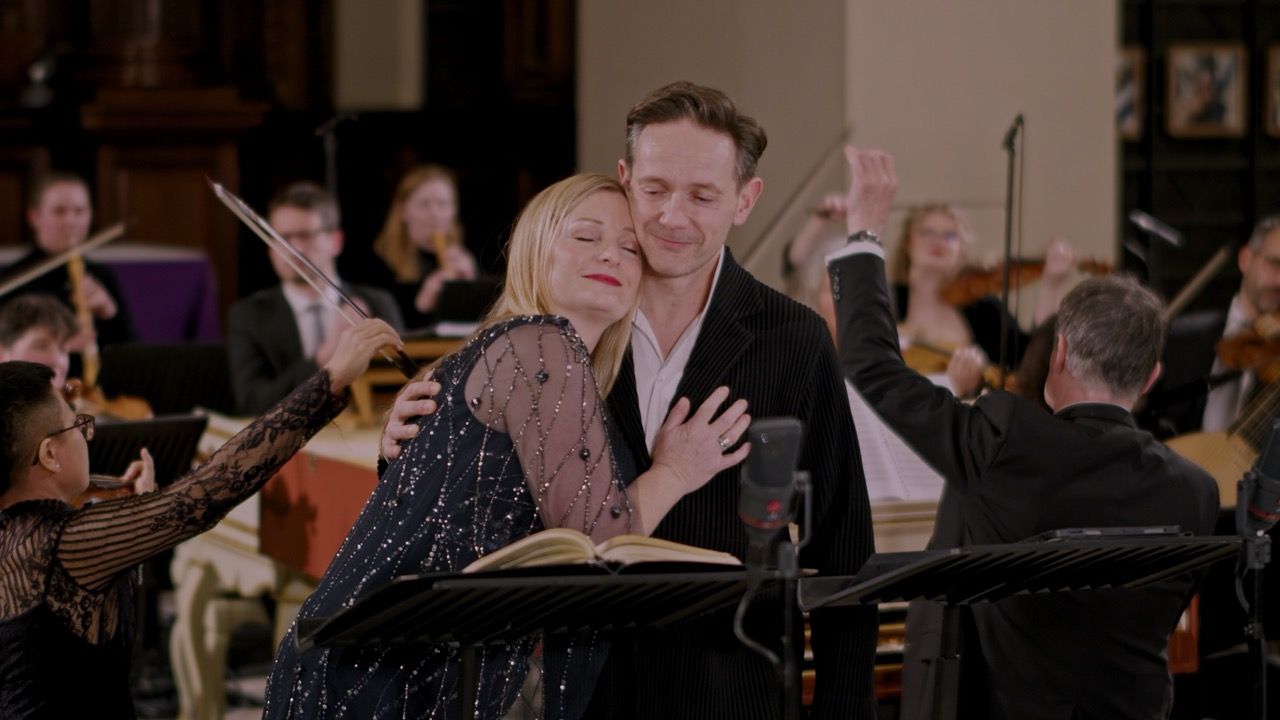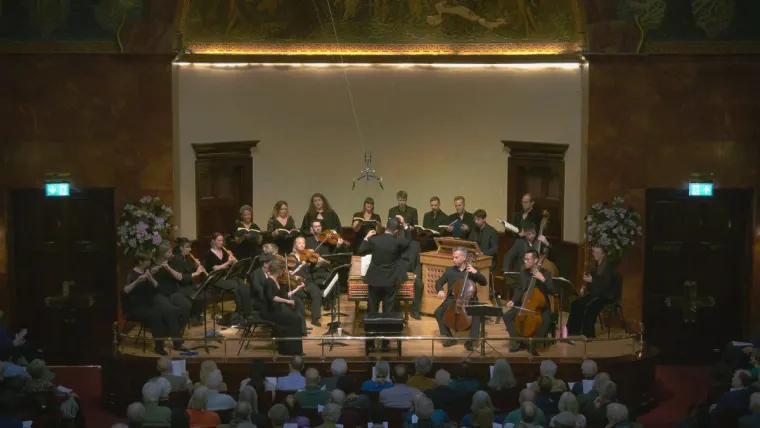The following blog has been shared by Coram, the charity that continues the legacy of the Foundling Hospital in the 21st century. In November 2024, The English Concert partnered with Coram to celebrate the addition of the Foundling Hospital Anthem to the Handel for All library. Representatives and friends of both organisations came together for an online event of talks, Q&As, and music.
Originally titled ‘Blessed are they that considereth the poor’, Handel composed the Foundling Hospital Anthem in 1749 for the Foundling Hospital, England’s first home for abandoned and illegitimate children.
A known philanthropist who supported many charitable causes, we do not know how Handel first became connected with the Foundling Hospital. However, he remains one of its most important benefactors and supporters. He was eventually made a governor of the institution and continued supporting the Foundling Hospital until his death in 1759, including many benefit concerts. Over his lifetime, he raised over £7,000 – an estimated £1,300,000 in today’s money.

The Foundling Hospital’s strong association with music continued past Handel’s death. Both boys and girls began learning to sing psalms and hymns in the 1760s, until music became a regular part of the curriculum in later decades. All foundlings from the age of nine were part of the chapel choir and practised singing two or three times a week in preparation for Sunday services. Blind children received special musical education, providing them with a vocation. Certain foundlings even went on to have distinguished musical careers. Secretary John Brownlow set up a boys’ military-style band in 1847, that practiced 6 days a week and gave its first concert in 1849.
The Foundling Hospital continues today as Coram, the first and longest-running children’s charity in the UK, who inherited this rich historical legacy. Coram works to provide better chances for all children and young people. To this day, music plays an important part in Coram’s work. A creative therapies team uses music to help vulnerable children communicate and express their feelings, and, every February, Coram hold a Handel Birthday Concert to commemorate Handel’s contribution to the Foundling Hospital. There is more information about Coram’s work on their website.
With funding from the National Lottery Heritage Fund, Coram has recently launched the Foundling Hospital Digital Archive. Half a million digitised records provide new access to the unheard stories of the hospital, including the lives of 27,000 foundlings and the parents whose lives intersected with the hospital. The digital archive is accessible here, and you can visit Coram Story to discover more about Handel’s connection with the Foundling Hospital.




